Jakarta, Indonesia: State-owned food company ID Food is aiming to achieve self-sufficiency in key commodities such as sugar and salt starting in 2026, as part of the government’s push for national food sovereignty, reports Indonesia Business Post.
At a food security forum in Jakarta on Thursday, July 17, 2025, ID Food President Director Nina Sulistyowati said the company plans to expand sugarcane plantations by 500 hectares and build a new sugar mill with a processing capacity of 6,000 tons of cane per day.
“Indonesia still imports around 200,000 tons of sugar each year. The current production from ID Food and PTPN meets less than half of the national demand. To change this, we plan to use unproductive land in partnership with Perhutani to grow more sugarcane,” Nina said.
ID Food is also accelerating its salt self-sufficiency goal to 2027, a year ahead of its original target. This follows instructions from President Prabowo Subianto. At present, Indonesia imports roughly 3 million tons of salt annually.
“To reduce dependence on imports, we’ll modernize salt processing using technologies like seawater reverse osmosis (SWRO) and mechanical vapor recompression (MVR). We’ll also develop new production areas, including in East Nusa Tenggara, which has over 2.6 million square meters of potential land,” she added.
The company is also focusing on seed production through its subsidiary PT Sang Hyang Seri (SAS), which has been revitalized and is now producing high-quality seeds for national farming use.
Besides boosting production, ID Food is working to stabilize food prices and improve distribution through its various subsidiaries. Nina emphasized the importance of keeping food affordable, especially for farmers and fishers affected by market price swings.
“State-owned enterprises are here to help prevent large price fluctuations by working with Bulog to stabilize the market,” she said.
To support the government’s free nutritious meal program, ID Food is also pushing to grow the domestic livestock sector. Currently, more than 80 percent of the country’s milk is imported.
“We can’t keep depending on other countries for milk and meat. We must build our own production capacity,” Nina said.
She also outlined plans to improve coordination with the Ministry of Maritime Affairs and Fisheries and the Ministry of Agriculture to create a national food system that is resilient, sustainable, and fair.
One of the upcoming initiatives includes the creation of a “Red-and-White Cooperative” to help local producers strengthen their role in the supply chain.
All these steps are part of ID Food’s broader mission as a national food holding company, established in 2022, which oversees 15 subsidiaries across agriculture, livestock, fisheries, and food distribution.
“Our goal is to make sure food is not only available but also affordable for everyone,” Nina said.



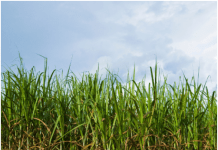
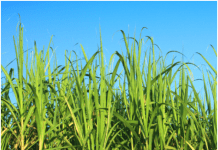
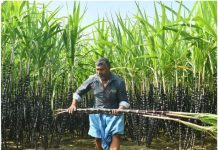

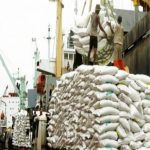



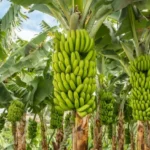

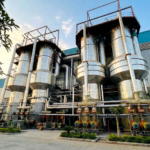



[…] Source : Chinimandi […]